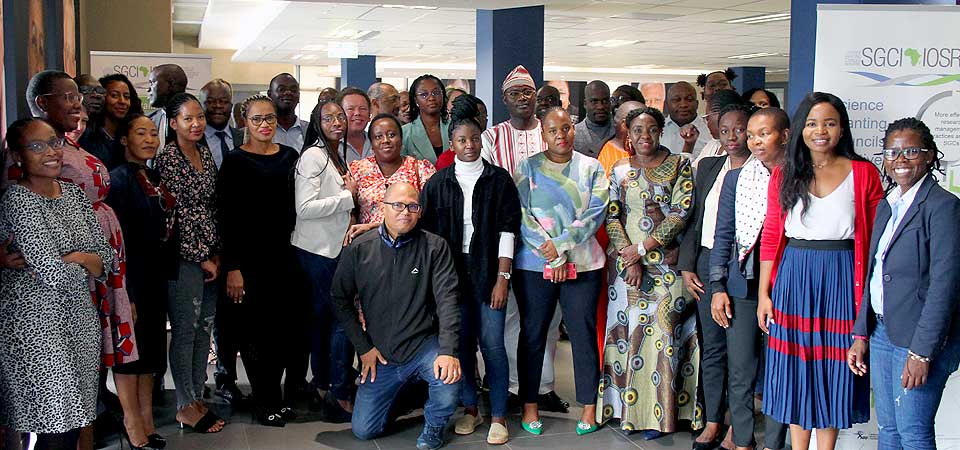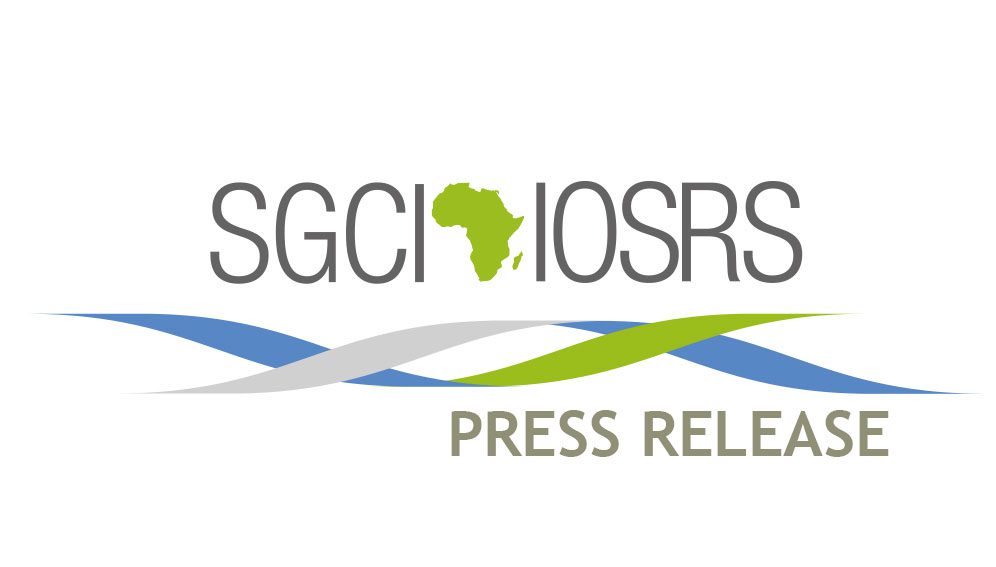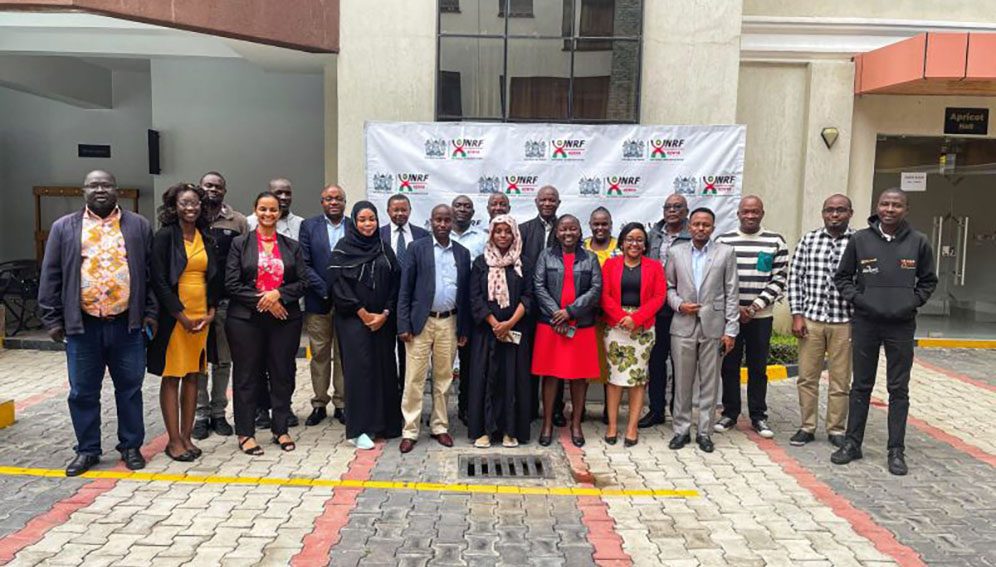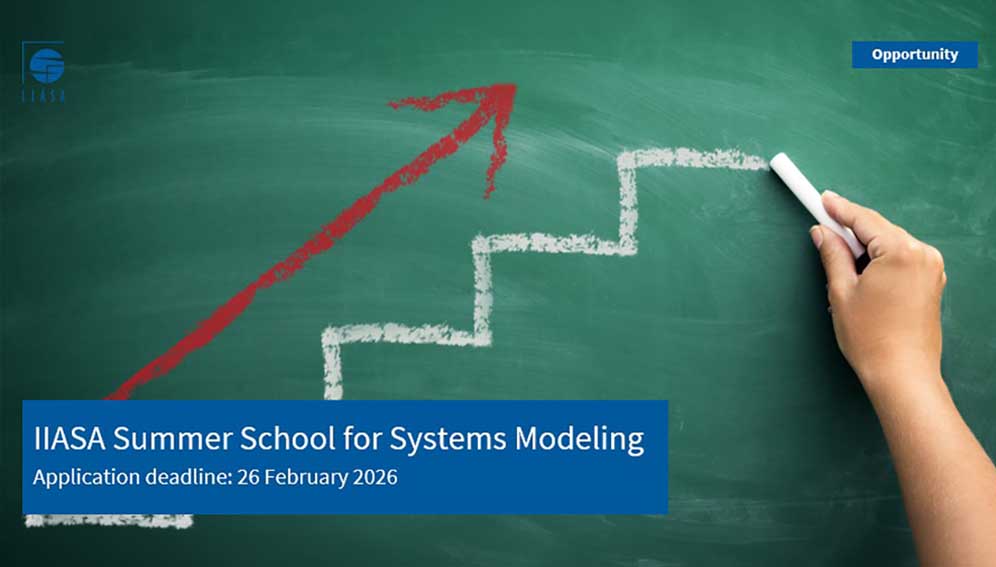SGCI News
The National Research Foundation (NRF) is hosting its sister agencies from Botswana, Burkina Faso, Kenya, Mozambique, Senegal, Sierra Leone, Cote D’Ivoire and Tanzania for a learning visit during 13 –…
The National Research Foundation (NRF) is hosting its sister agencies from Botswana, Burkina Faso, Kenya, Mozambique, Senegal, Sierra Leone, Cote D’Ivoire and Tanzania for a learning visit during 13 – 14 February 2023.
The visit provides the opportunity to cross-share experiences to design and monitor research programmes and how these fit within broader monitoring, evaluation and learning practices across the organisations.

With more than 30 participants, the learning visit includes the facilitation of knowledge exchange of the NRF’s data analytics capabilities, including the use of various tools and systems used for data management.
The NRF has partnered with the African Centre for Technology Studies (ACTS), an SGCI collaborating technical agency to host this learning visit. The SGCI is a multilateral initiative established in 2015 that is strengthening the institutional capacities of 17 public science funding agencies in Sub-Saharan Africa to support research and evidence-based policies that will contribute to economic and social development.
Related News
Science Granting Councils Initiative announce support to Africa’s STI Policy Agenda at African Union Meetings
Press Release Addis Ababa, Ethiopia | February 12, 2026 — Ahead of the Annual Summit of Heads of State at the African Union Headquarters in Addis Ababa this February, Canada’s International Development Research Centre (IDRC), the Government of Norway, and the United Kingdom’s Foreign, Commonwealth…
Kenya’s research fund launches data security training
The National Research Fund (NRF) Kenya has launched a research data security training workshop, highlighting its commitment to strengthening the quality, integrity, and impact of publicly funded research across the country. The workshop convened experts from universities, Ministries, Departments, and Agencies (MDAs), and research institutions…
ILASA summer school for systems modeling 2026
Master’s students, PhD candidates, and early-career researchers with a focus on sustainability and quantitative methods are invited to apply for the IIASA Summer School for Systems Modeling, taking place in Laxenburg, Austria, from 29 June – 10 July 2026. The two-week in-person programme offers intensive,…
SGCI funded projects
Rwanda’s integrated approach to sustainable agriculture and nutrition
Project Titles & Institution Areas of Research Number of Projects being funded Project Duration Grant Amount In-Kind Distribution Council Collaboration with other councils





